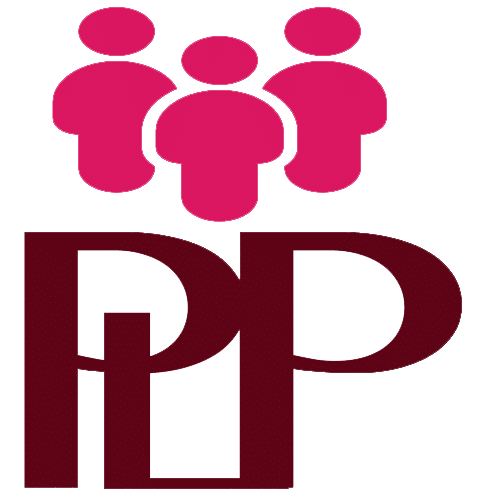Interview Preparation by PLP
In the days before your job interview, set aside time to do the following:
Research the company and your interviewers
Understanding information about the company you’re interviewing with and what they do, can help you go into your interview with confidence.
Take a look at the company’s website, social media posts and recent press releases will provide a solid understanding of the company’s goals and how your experience makes you a great fit.
Practice your interview answers
Prepare your answers to commonly asked questions such as “Tell me about yourself” “Why are you interested in this role with our company?” “What do you feel your strengths/weaknesses are?”
The idea is to quickly communicate who you are and what value you’ll bring to the company and the role—this is your chance to really shine!
Job description
You may want to print out the job description and underline specific skills the employer is looking for. Think about examples from your past and current work that match these requirements.
Use the STAR method
Typically. interviewers will ask about times in the past when you used a specific skill, using the STAR method is a great way to tell of examples with a clear Situation, Task, Action and Result. Ensure that you have some of these prepped.
Practice answering questions
Practicing your answers out loud is an incredibly effective way to prepare. Say them to yourself, in a mirror or ask a friend to help run through common questions and your answers.
Be prepared with examples of your work
During the interview, you may be asked about specific examples of work which are relevant to the role. After reviewing the job description, think about work you’ve done in past roles, clubs or volunteer positions that show you have the relevant experience and success in the areas they require.
Prepare smart questions for your interviewers
It’s easy to forget that interviews are a two-way street. Employers expect you to ask questions- they want to know that you’re thinking about what it would be like to work for them. Here are some questions you may want to consider asking your interviewers:
- What do the day-to-day responsibilities in this role look like?
- What are the characteristics of someone who would succeed in this role?
- How would my performance be measured? How often?
- What are the challenges you’re currently facing in your role?
Interview day
After prepping for your interview, here are some tips to help you make a great impression before and during your interview:
1. Plan your interview attire the night before
If you speak to a recruiter before the interview, ask them about the dress code and choose your outfit accordingly. If you don’t have someone to ask, research the company to learn what’s appropriate-if in doubt, never go under dressed!
2. Bring a copy of your CV, the job specification, a notebook and a pen
Highlight specific accomplishments on your CV to ensure that you can refer to them easily and discuss. Bring a pen and a small notebook for note-taking and your questions.
3. Plan your interview attire the night before
Research and map out your interview location to ensure you arrive on time. Consider doing a practice run before the day of your interview. If you’re relying on public transport, ensure you have a backup plan if there are delays or closures.
4. Make a great first impression
First impressions count, don’t forget the little things—clean/shine your shoes, make sure your hair and nails are clean and tidy, and check your clothes for holes, stains, pet hair etc. Look your interviewer in the eye and offer a firm handshake.
5. Treat everyone you encounter with respect
From the receptionist to the cleaner, treat everyone you meet as though they’re the hiring manager. Even if they aren’t, your potential employer might ask for their feedback.
6. Keep your answers concise and focused
Your time with the interviewer/s is limited so ensure that you don’t give rambling answers. Keep you answers to the point.
7. Tie answers to your skills and accomplishments
With any question you answer, try to tie it in with your experience and provide examples- remember the STAR method. Try to focus your answer to relate to specific skills or experience required in the job specification.
8. Don't speak negatively about previous employers
Try to focus on what you’ve gained from the experience and what you where you want to go next.
9. Be confident
Interviews can feel a little overwhelming, and that’s ok- by using our tips and being well prepared should help you feel less nervous.
We are here to help
Contact Andy, Andrea, or Sue for a free consultation.
